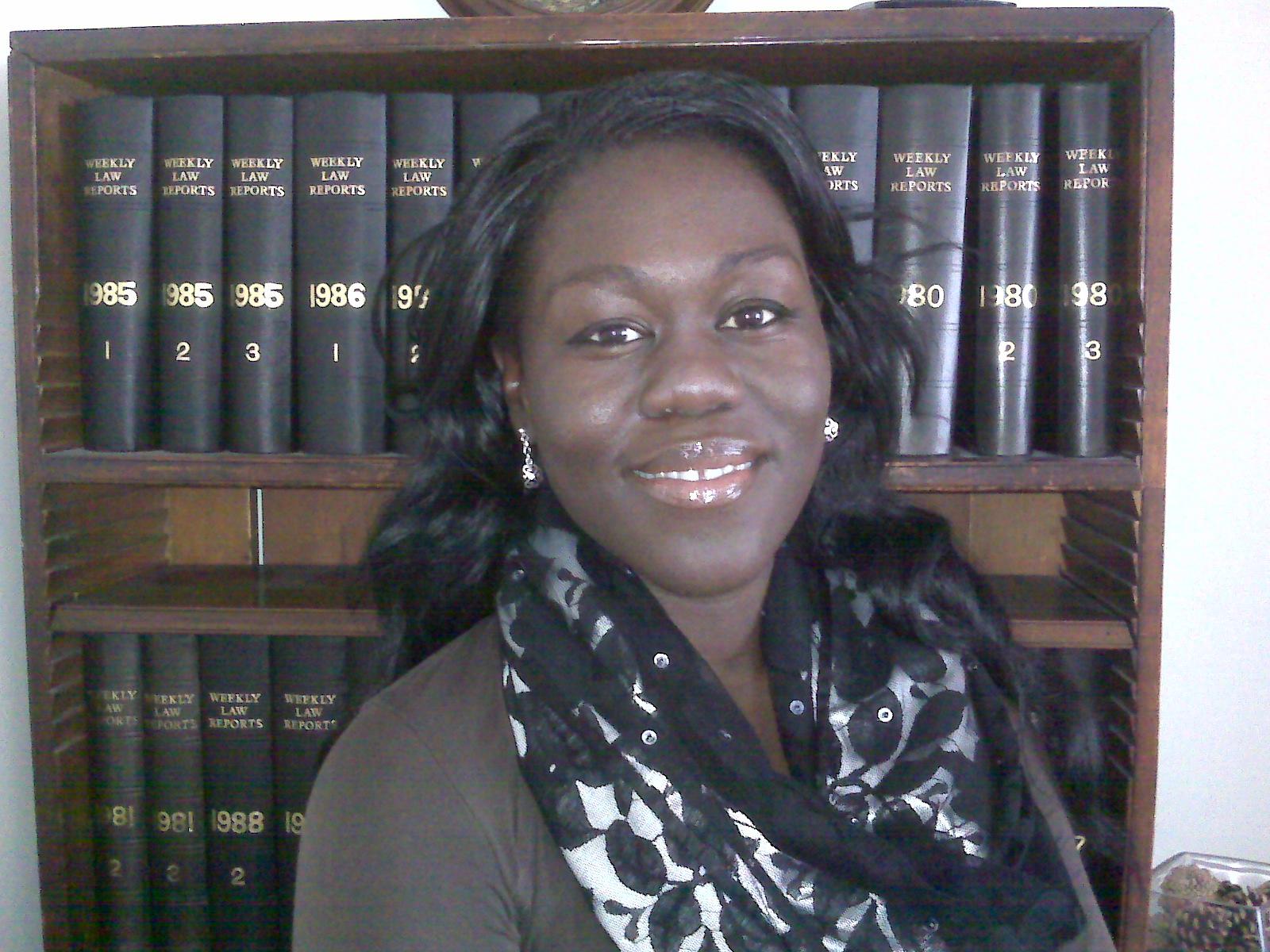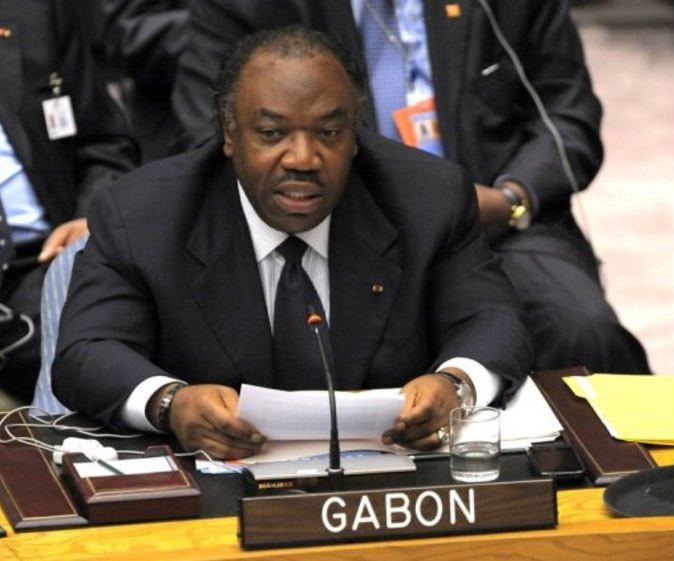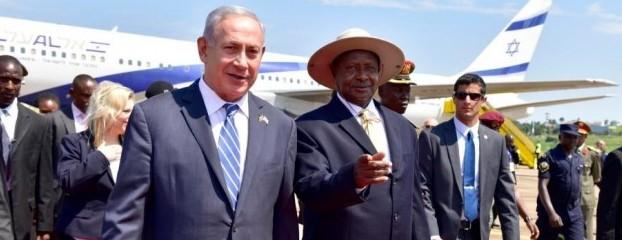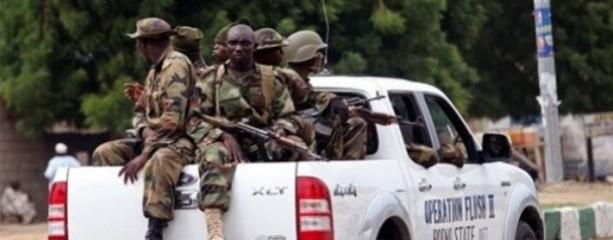Gabon and Special Economic Zones – By Kissy Agyeman Togobo, Songhai Advisory

Songhai Advisory LLP is a bespoke business intelligence consultancy providing critical insight on market opportunities in Sub-Saharan Africa.
In the Name of Value-Added
Under the “Emerging Gabon” strategy launched by the Gabonese government under the leadership of incumbent president Ali Ben Bongo, the idea is to transform Gabon into an economic power by 2025. Consequently, since coming to power in 2009, Ali Ben has been implementing a raft of reforms with a view to enhancing the business climate to attract investment.
Traditionally, the economy has been heavily reliant upon the oil economy, comprising around 47.5% of GDP and 87% of goods exports in 2010. Though Gabon is classified as having middle income status by the World Bank, some 40% of the population lives beneath the poverty line and oil reserves are falling. Thus the current administration is intent on diversifying the economy and industrialising the country, and the launch of two special economic zones is arguably a means of doing this.
View from the Ground:
“The main goal of the president is to build an industrial Gabon, with a variety of industries. To achieve this goal he knew he would need the insights of foreign companies, through their logistics, etc.”
Libreville correspondent.
Red Gold
Nkok, situated 27 km to the east of the capital of Libreville, has been dubbed by the government as the largest special economic zone (SEZ) in west and central Africa. The main aim of the SEZ in Nkok is to add value to the local forestry industry, the second major driver of growth in Gabon after oil. Indeed, Gabon is one of five countries in the Congo Basin- the second largest rainforest in the world after the Amazon- that is supported financially through a grant from the International Tropical Timber Organisation for the processing of timber for the export market. Currently in its second phase of construction, when complete in 2014, the zone should bring the construction of railways, logistics and accommodation.
View from the Ground:
“Many companies are showing interest and there is the expectation that foreign companies will invest.”
Libreville correspondent.
The development of the sector follows the government’s recent ban on the export of unprocessed wood exports in January 2010 in order to encourage greater downstream processing, with more emphasis on mouldings and semi-finished wares.
Through special incentives, the Gabonese government is hoping to attract US$1.1 billion worth of investments annually into the SEZ. companies which establish themselves in Nkok will benefit from various fiscal incentives including tax exemptions on profits for a decade. After the 10 years have lapsed, companies will pay a flat rate of 10%. The Malaysian firm, Olam International, a global supply chain manager and processor of agricultural products, is partnering with the government of Gabon for the joint development of the Nkok SEZ, focussing primarily on timber processing with a view to exporting high value-added wood products. Olam has identified Gabon as a key source of timber for forestry concessions and already owns 400,000 hectares.
But Nkok is also attracting interest from other manufacturing market segments. Spanning 1,146 hectares, of which 40% is reserved for industry, investors from other sectors are also creeping into the zone. For instance, the Indian power, mining and iron alloy firm, Abhijeet, was one of the first companies which reportedly reserved itself a place in the Nkok area. The company considers that it will invest CFA 200 billion in the development phase of the zone.
Adding Value
The SEZ of Port-Gentil but formerly Ile Mandji is situated to the north of the oil and commercial hub of Port Gentil. This zone was initiated in 1996 but there was no progress in its development for a number of years until Olam came on board recently and entered into another JV, owning 36% in it, while the Gabonese government holds 24% and the remainder is held by Gabonese investors.
This zone will also be the heartbeat of diverse operations linked to the hydrocarbons sector and in particular a petrochemicals plant to the value of CFA 650 billion which will be constructed jointly by the Olam and Tata Chemicals. Investors, whether from the industrial, commercial or services sectors will benefit from the same incentives that those who invest in Nkok will receive, such as the absence of an import/export licence. In addition, it will also benefit from airport services in Port-Gentil, an airport which is being rehabilitated.
Engaging in a robust charm offensive to woo investors from all over the globe, Gabon’s Ali Ben Bongo appears optimistic about changing the fortunes of Gabon. The playing field appears to be opening up to investors from Malaysia, China and India, Europe as well as from its African neighbours such as Cameroon and Ghana. The sole cited objective is one of transformation, to allow industry to take over where the extraction of natural resources ends, all in the name of economic growth. But it is not just the figures that will do the talking. The success of the government’s endeavours will necessarily be judged by the depth of internal consensus, contingent upon the value-added linkages between the investor community and the Gabonese population.







